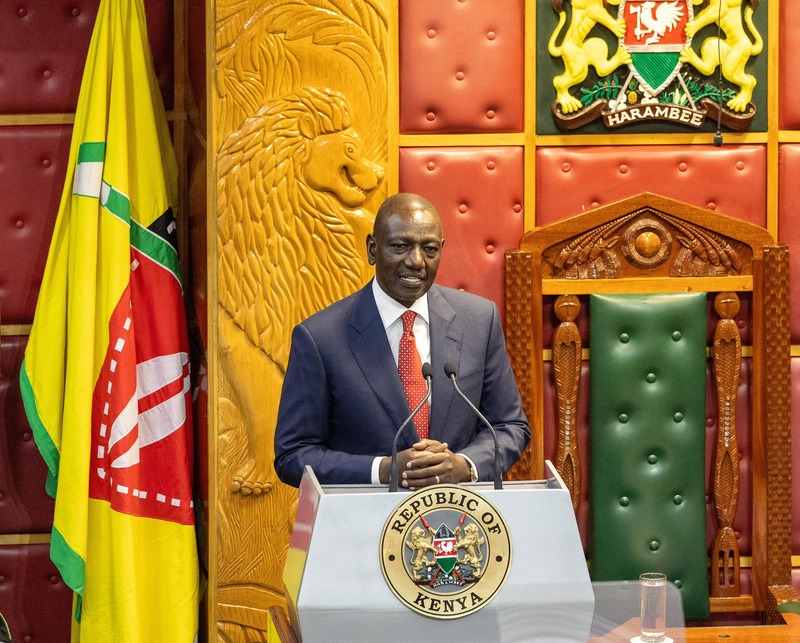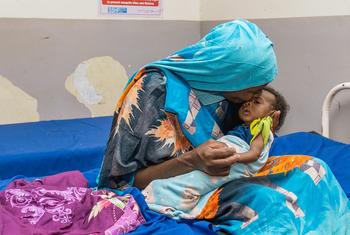Cancer now one of Kenya's leading killers, claiming 75 lives daily

According to the National Cancer Institute of Kenya, more than 45,000 people are diagnosed with cancer each year, and at least 24,000 die from the disease, making it one of the top two causes of death in the country.
Cancer is now one of the deadliest health threats in Kenya, claiming 75 lives daily and leaving thousands more in urgent need of care, even as the cost of treatment remains out of reach for many.
According to the National Cancer Institute of Kenya, more than 45,000 people are diagnosed with cancer each year, and at least 24,000 die from the disease, making it one of the top two causes of death in the country.
More To Read
- Over 29,000 Kenyans die of cancer yearly as high costs force them to abandon treatment
- Teachers’ Unions demand clarity as TSC plans to move 400,000 educators to state health scheme
- Study reveals why colorectal cancer resists immunotherapy
- Over 100 facilities accredited by SHA to provide cancer care after protests
- Over 160 newborns, 14 mothers died during Kiambu doctors’ strike - Health CS Aden Duale
- Hormonal contraceptives linked to higher breast cancer risk, study finds
The Institute is now calling for stronger government support, citing major gaps in funding, staffing, and access to essential medication.
During a media breakfast in Nairobi ahead of the Second National Cancer Summit, Dr Timothy Olweny, Chairperson of the Institute's Board of Trustees, warned that the country’s cancer burden is becoming overwhelming.
He attributed the growing crisis to inadequate government attention, the high cost of cancer drugs, and unequal access to treatment, especially for people in low-income areas.
“Now, there is a very distinct association between poverty and ill health, especially when it comes to cancer. And I call it a bidirectional causality because poverty is a cause as well as a consequence of ill health,” Dr Olweny said.
His sentiments were echoed by the Institute’s Chief Executive Officer, Dr Elias Melly, who urged the government to ban more cancer-causing chemicals that continue to expose Kenyans to high risks in their homes and farms.
“The Ministry of Agriculture plays a very crucial role. We all know that chemical exposure is one of the leading causes of cancer. In our farms, in our communities, we need to have very dedicated strategies to make sure that all the chemicals identified to have carcinogenic effects are banned,” Dr Melly said.
He also pointed out that the Institute is severely understaffed, with only 30 employees instead of the required 300, making it difficult to effectively serve the country’s growing number of cancer patients.
Dr Melly and other stakeholders are urging a stronger review of the Social Health Authority (SHA), which they believe could make it easier for cancer patients to access drugs and treatment in public health facilities.
The meeting brought together key health stakeholders who called on the government to urgently increase support for cancer care services, strengthen regulations on harmful substances, and invest in sustainable systems that would make cancer treatment affordable and widely accessible.
Top Stories Today












































